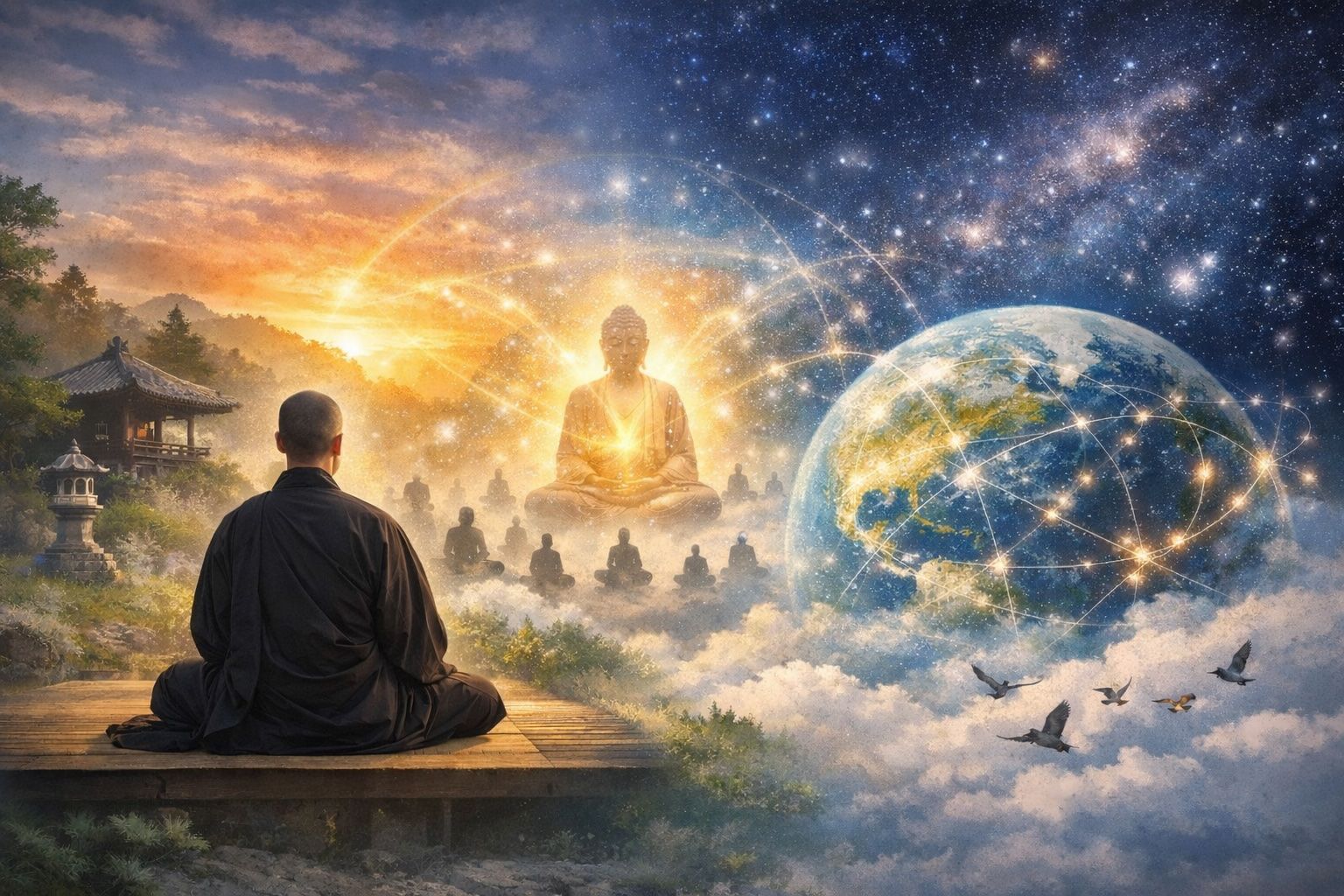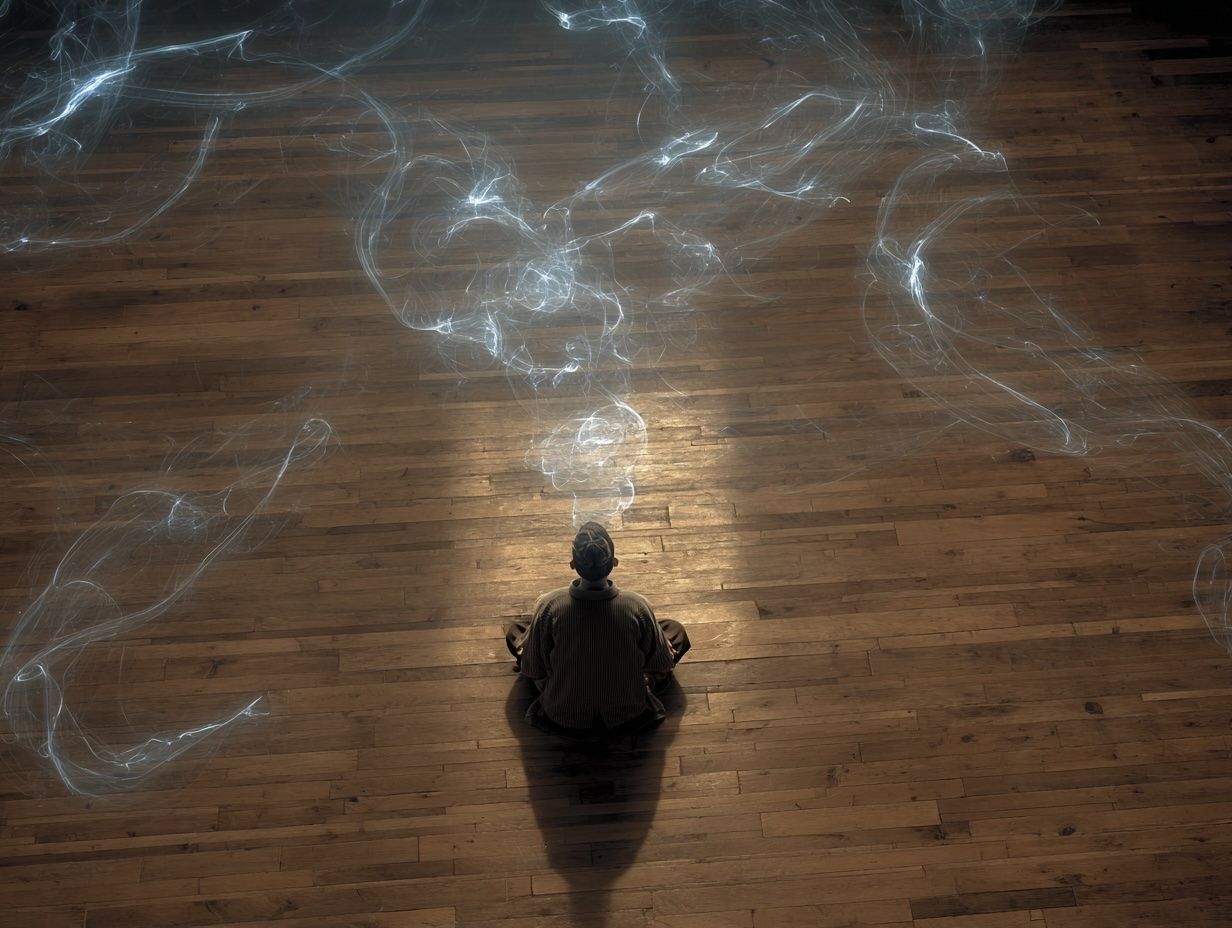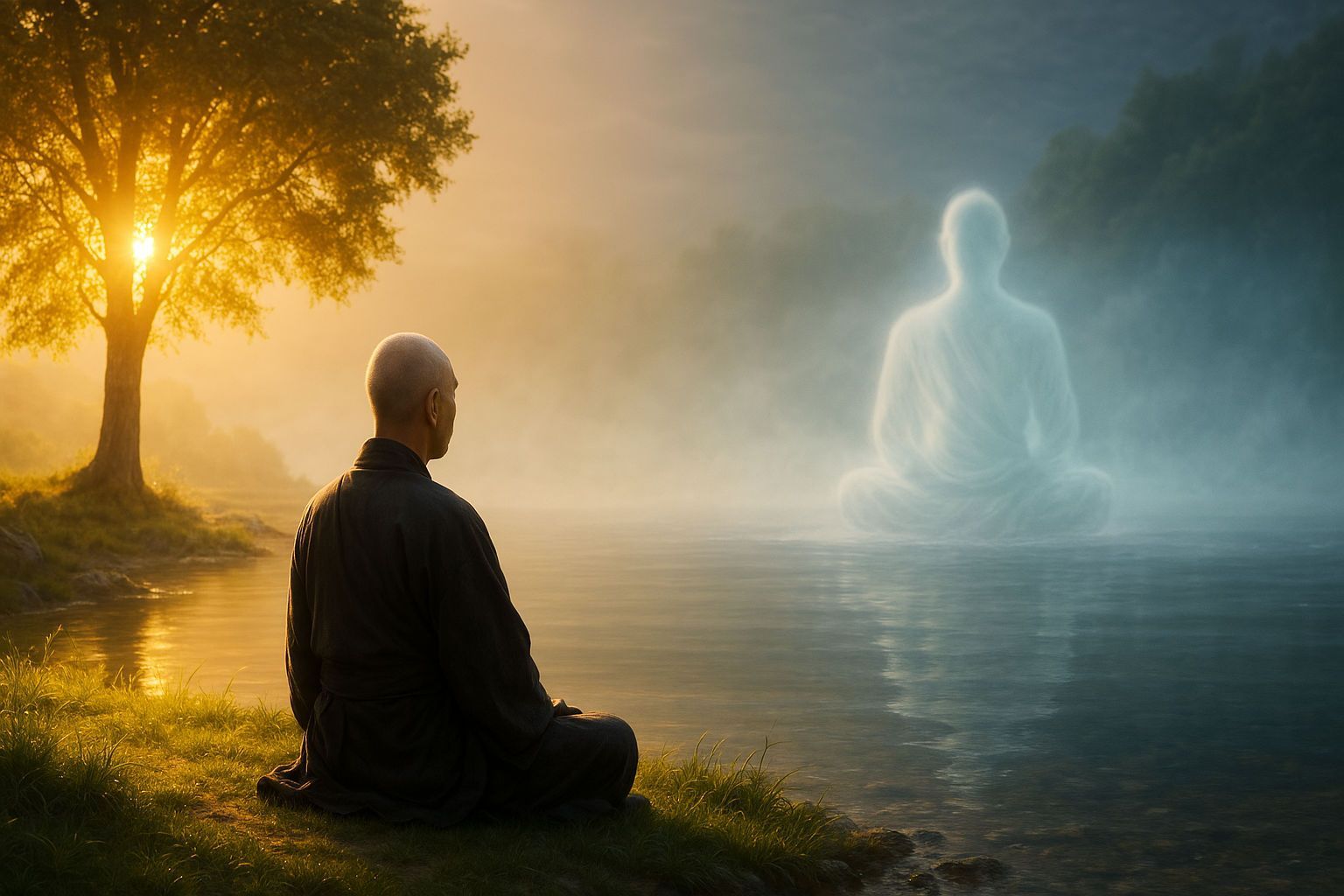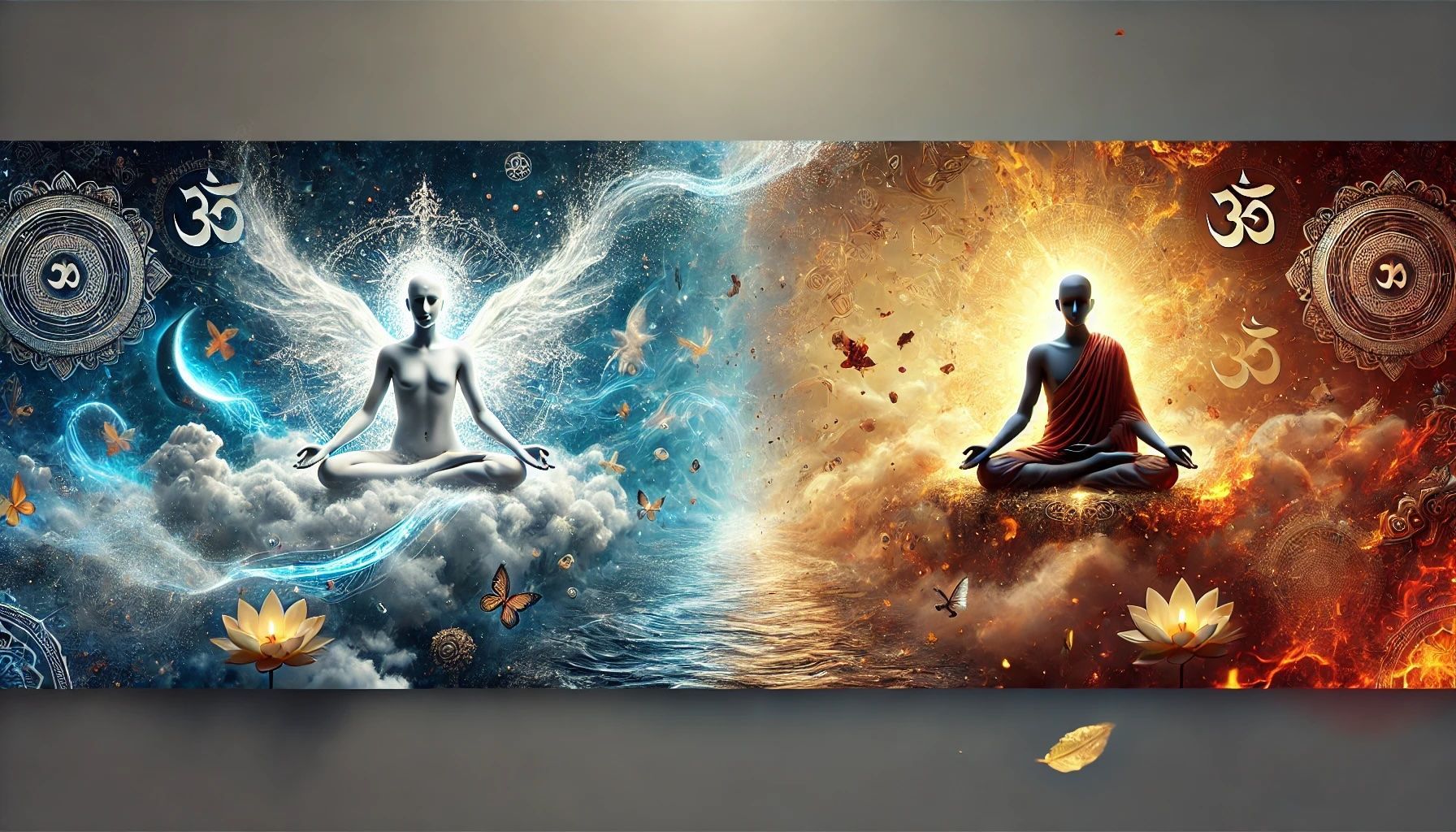Essays


Available Universal Self Kosho Uchiyama, whose Opening the Hand of Thought (Massachusetts, 2004) I have been writing about lately, was a Soto Zen priest (d. 1998) teaching at a monastery called Antai-ji near Kyoto in Japan. He was known for holding rigorous sesshins usually of five days duration, consisting of fourteen 50-minute periods of zazen interspersed with occasional kinhin and three meals followed by a bathroom break.

A Suggestion for Long-Term Practitioners For long-term zazen practitioners, the ego gradually becomes less prominent in their lives. Whether they put it into words or not, they have learned that the ego is not substantial or real, but merely an idea that they can put aside. I think I have learned this.

Thoughts on Enlightenment In one of his talks in The Myth of Freedom, Boston, 1976, Chogyam Trungpa said, “We are just a speck of dust in the midst of the universe” (p. 6). These words struck me as reflecting the inner condition of an enlightened person. Trungpa continued, “If you are a grain of sand, the rest of the universe, all the space, all the room is yours, because you obstruct nothing, overcrowd nothing, possess nothing. There is tremendous openness” (pp. 6-7).

No Gaining Idea In Zen Mind, Beginner’s Mind (Boulder, 2011), Shunryu Suzuki says, “We say our practice should be without gaining ideas, without any expectations, even of enlightenment” (p. 25). The advice to not have any “gaining ideas” while meditating has become a commonplace in zazen instruction.

A Useful Practice Recently I started to reread Ajahn Chah’s talks in Food for the Heart (Massachusetts, 2002). This book helped me a great deal when, years ago, I began the practice of zazen and my study of Buddhism. I had read the whole book, which is quite lengthy, but as, just recently, I reread the first chapter, it seemed to me to encapsulate the whole of Chah’s teaching.

Buddhanature In Smile at Fear (Boston and London, 2009), Chogyam Trungpa says that for someone on the spiritual path, at some point “you begin to realize that you have something in yourself that is fundamentally, basically good. It transcends the notion of good or bad. Something that is worthwhile, wholesome, and healthy exists in all of us.” (p. 8)

















